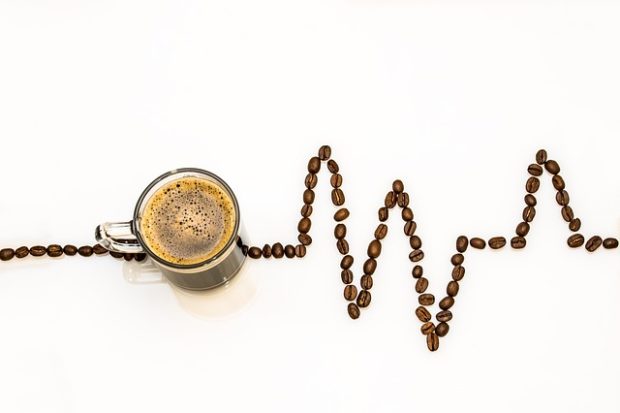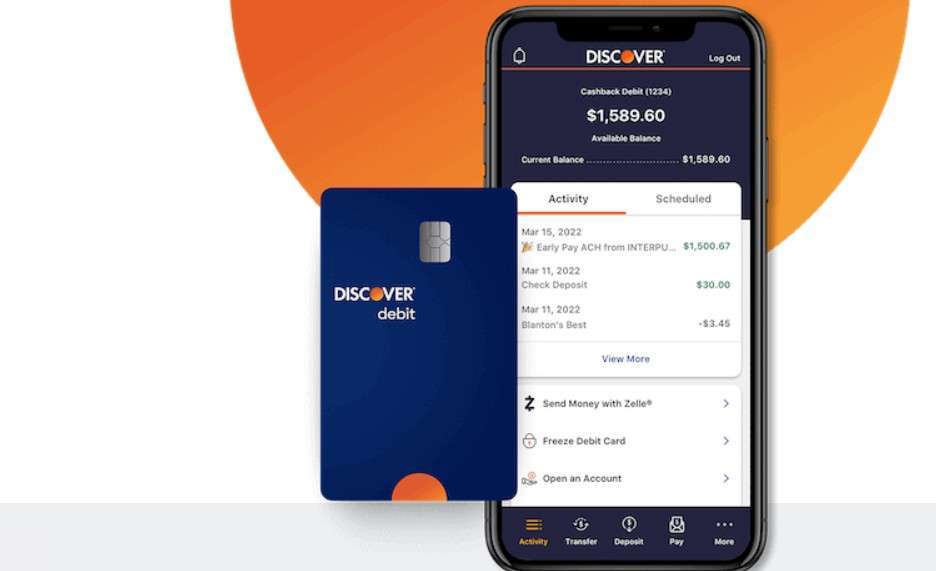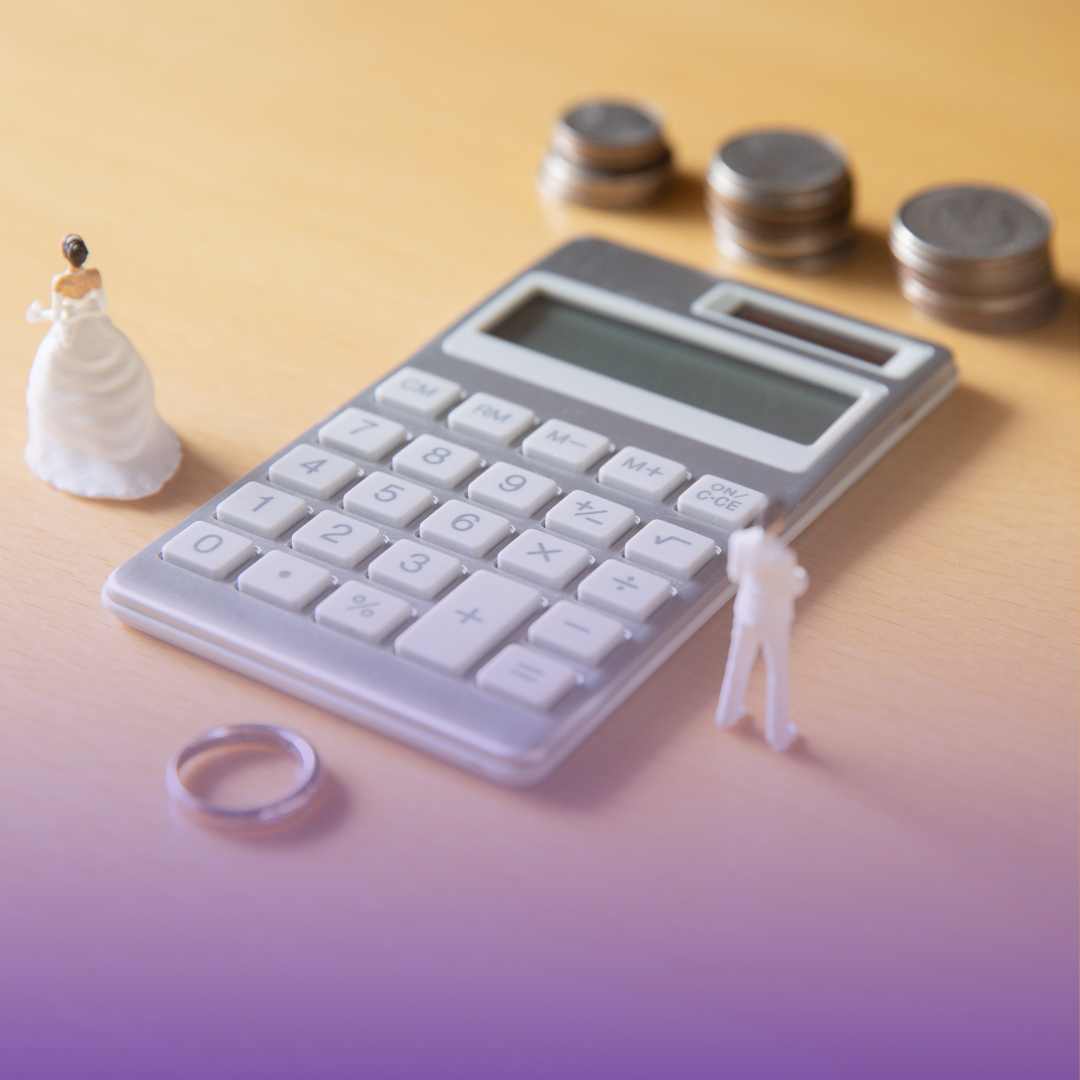This is day 17 of our 30 day series “30 Simple Things to Do to Change Your Life in 30 Days. If you missed a day, links to previous articles follow this article.
Do you feel like you can’t start your day without a cup of coffee in hand? You’re not alone. Caffeine, whether in the form of coffee, tea, energy drinks, or soda, is a staple for many of us. It’s the world’s most widely consumed psychoactive substance, and for good reason—caffeine is known to boost energy, improve focus, and help us power through our busy days. But, as with most things, there can be too much of a good thing. How much caffeine is too much? And is it all bad, or are there benefits we should consider?
On Day 17 of our 30-day challenge, let’s explore the ins and outs of caffeine—its benefits, its drawbacks, and how to find the right balance.
The Benefits of Caffeine
When consumed in moderation, caffeine can be a powerful tool for improving mental and physical performance. Here are some of the key benefits:
Boosts Alertness and Focus
Caffeine blocks adenosine, a neurotransmitter that makes you feel tired, allowing you to feel more alert and focused. This can improve your ability to concentrate, making it easier to stay productive throughout the day.
Improves Physical Performance
Caffeine can enhance physical performance by increasing adrenaline levels, which can improve endurance and make it easier to push through tough workouts. Many athletes use caffeine as a pre-workout boost to increase their stamina and strength.
Enhances Mood
A moderate dose of caffeine can give you a mood boost, helping to reduce feelings of fatigue, stress, and even mild depression. For some, that first cup of coffee can be the spark that turns a sluggish morning into a productive day.
Rich in Antioxidants
Coffee and tea, in particular, are loaded with antioxidants, which help protect your body from oxidative stress and inflammation. Regular consumption of these beverages has been linked to a lower risk of several chronic diseases, including certain types of cancer, heart disease, and Parkinson’s disease.
The Drawbacks of Too Much Caffeine
While caffeine can be beneficial, overconsumption can lead to a variety of health issues. Here are some of the drawbacks of having too much caffeine:
Jitters and Anxiety
One of the most common side effects of consuming too much caffeine is feeling jittery or anxious. Because caffeine stimulates the nervous system, too much can leave you feeling shaky, restless, and even irritable. If you’re prone to anxiety, high caffeine intake can exacerbate those symptoms.
Sleep Disruption
Caffeine can stay in your system for several hours, which means that consuming it later in the day can interfere with your ability to fall asleep or stay asleep. Even if you don’t feel wide awake at bedtime, caffeine can reduce the quality of your sleep, leaving you feeling less rested the next day.
Dependence and Tolerance
Regular caffeine consumption can lead to dependence, meaning your body starts to rely on it to function normally. Over time, you may also build up a tolerance, requiring more caffeine to achieve the same effects. This can create a cycle where you need more and more caffeine just to feel “normal.”
Digestive Issues
For some people, caffeine can irritate the stomach lining, leading to acid reflux or digestive discomfort. It can also have a laxative effect in higher doses, which might be unwelcome depending on your daily routine.
Increased Heart Rate and Blood Pressure
High doses of caffeine can cause a temporary increase in heart rate and blood pressure. While this isn’t typically an issue for healthy individuals, those with heart conditions or hypertension should be mindful of their caffeine intake.
How Much is Too Much?
The general guideline for safe caffeine consumption is up to 400 milligrams per day for most adults, which is about the amount in four cups of brewed coffee or 10 cans of soda. However, this number can vary based on individual tolerance, sensitivity, and health conditions. Pregnant women, people with anxiety disorders, and those with certain heart conditions may need to limit their intake even further.
Here’s a quick look at how much caffeine is typically found in common beverages:
- Coffee (8 oz cup): 80-100 mg
- Tea (8 oz cup): 30-50 mg (higher for black and green tea, lower for herbal varieties)
- Energy drinks (8 oz can): 50-150 mg, depending on the brand
- Soda (12 oz can): 30-50 mg
- Dark chocolate (1 oz): 20-30 mg
While 400 mg per day is considered safe for most people, consuming more than this on a regular basis can increase the risk of negative side effects like anxiety, insomnia, digestive issues, and heart palpitations.
Types of Caffeine and Their Impact
Not all sources of caffeine are created equal. While caffeine itself has similar effects regardless of the source, the way it’s delivered and what it’s paired with can make a big difference.
Coffee
Coffee is one of the most popular and effective ways to consume caffeine. It’s fast-acting and packed with antioxidants, making it a favorite for both mental and physical performance boosts. However, depending on how you prepare it (think sugary lattes or cream-heavy coffee drinks), it can also add extra calories and fat to your diet.
Tea
Tea, particularly green and black varieties, offers a more gentle form of caffeine compared to coffee. The caffeine in tea is often balanced with L-theanine, an amino acid that promotes calm and focus. This makes tea a great option if you’re looking for sustained energy without the jitters.
Energy Drinks
Energy drinks deliver caffeine quickly and often in higher doses, along with other stimulants like taurine and guarana. However, they’re also loaded with sugar, artificial sweeteners, and other additives that can have negative health effects. While they can give you a quick boost, they can also lead to energy crashes and increased anxiety.
Soda
Soda contains lower levels of caffeine compared to coffee and energy drinks, but it’s often loaded with sugar or artificial sweeteners. Regular consumption of sugary sodas has been linked to weight gain, insulin resistance, and other health issues, making it a less desirable option for your daily caffeine fix.
Chocolate
Caffeine is naturally found in cocoa beans, so dark chocolate provides a mild dose of caffeine along with antioxidants. While the amount of caffeine in chocolate is relatively low, it can still contribute to your daily intake, especially if you enjoy it as a snack or dessert.
Finding Your Caffeine Sweet Spot
The key to enjoying the benefits of caffeine without the drawbacks is finding your personal “sweet spot”—the amount that gives you a boost without leading to negative side effects. Here are some tips for finding that balance:
Track Your Intake: Pay attention to how much caffeine you consume each day and how it affects you. If you’re feeling jittery, anxious, or having trouble sleeping, try reducing your intake and see if your symptoms improve.
Limit Afternoon Caffeine: To avoid sleep disruption, try to cut off your caffeine consumption by early afternoon. This gives your body enough time to metabolize the caffeine before bedtime.
Choose Healthier Sources: Opt for coffee and tea over sugary energy drinks and sodas. These beverages not only provide a cleaner source of caffeine but also come with additional health benefits like antioxidants and reduced inflammation.
Stay Hydrated: Caffeine can act as a diuretic, meaning it increases urine production and can lead to dehydration if you’re not careful. Be sure to drink plenty of water throughout the day, especially if you’re consuming caffeinated beverages.
Enjoy Your Coffee—In Moderation
Caffeine can be a helpful tool to boost energy, focus, and mood, but it’s important to be mindful of how much you’re consuming. By keeping your intake within healthy limits and choosing better sources of caffeine, you can enjoy the benefits without the drawbacks.
So, the next time you’re sipping on your favorite cup of coffee, remember—balance is key. Enjoy your caffeine fix, but keep an eye on how much you’re consuming and how it’s impacting your body and mind.
Tomorrow, make your favorite brew—but maybe hold off on that third cup!
Previous articles in this series can be found here:
Publisher: Source link











